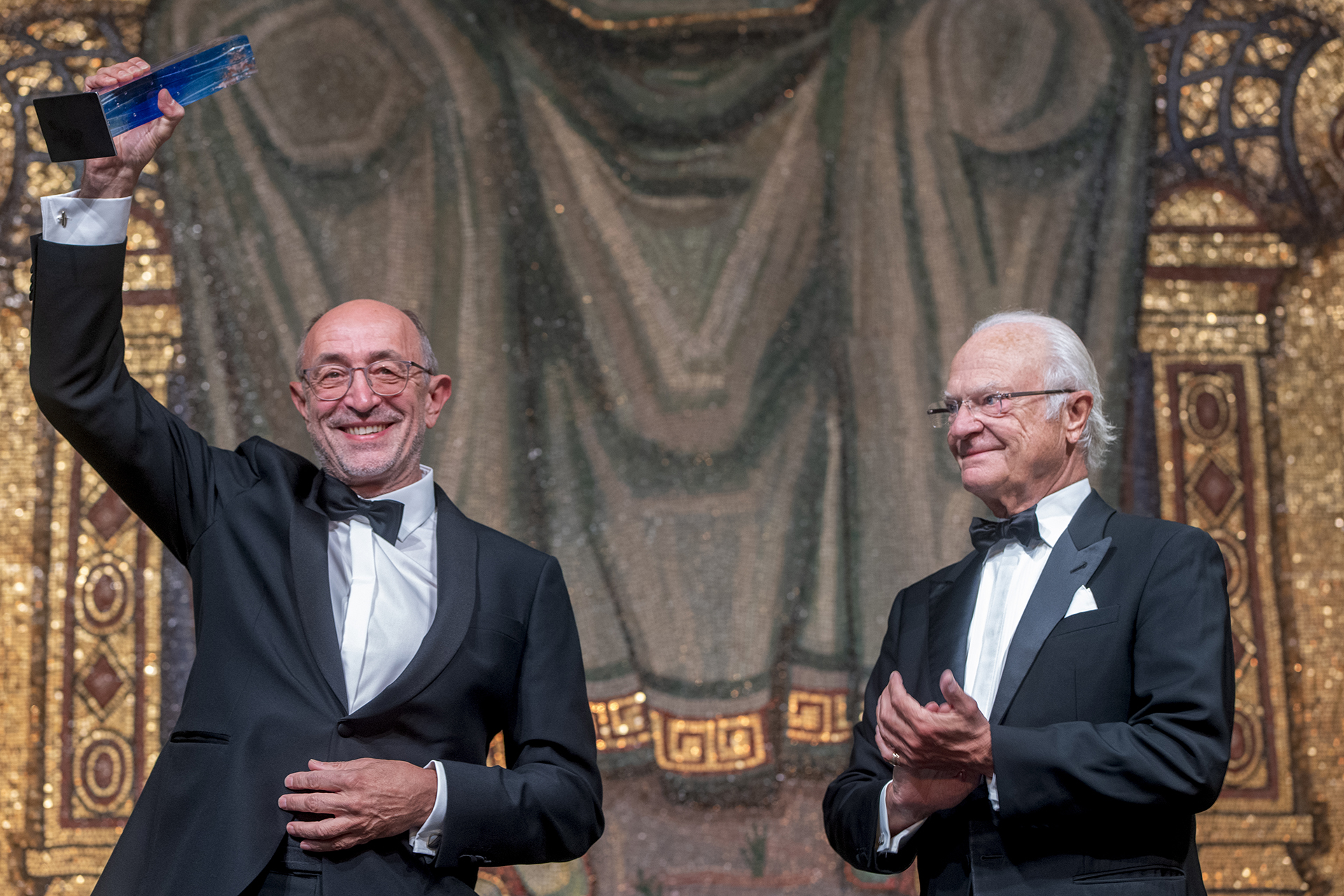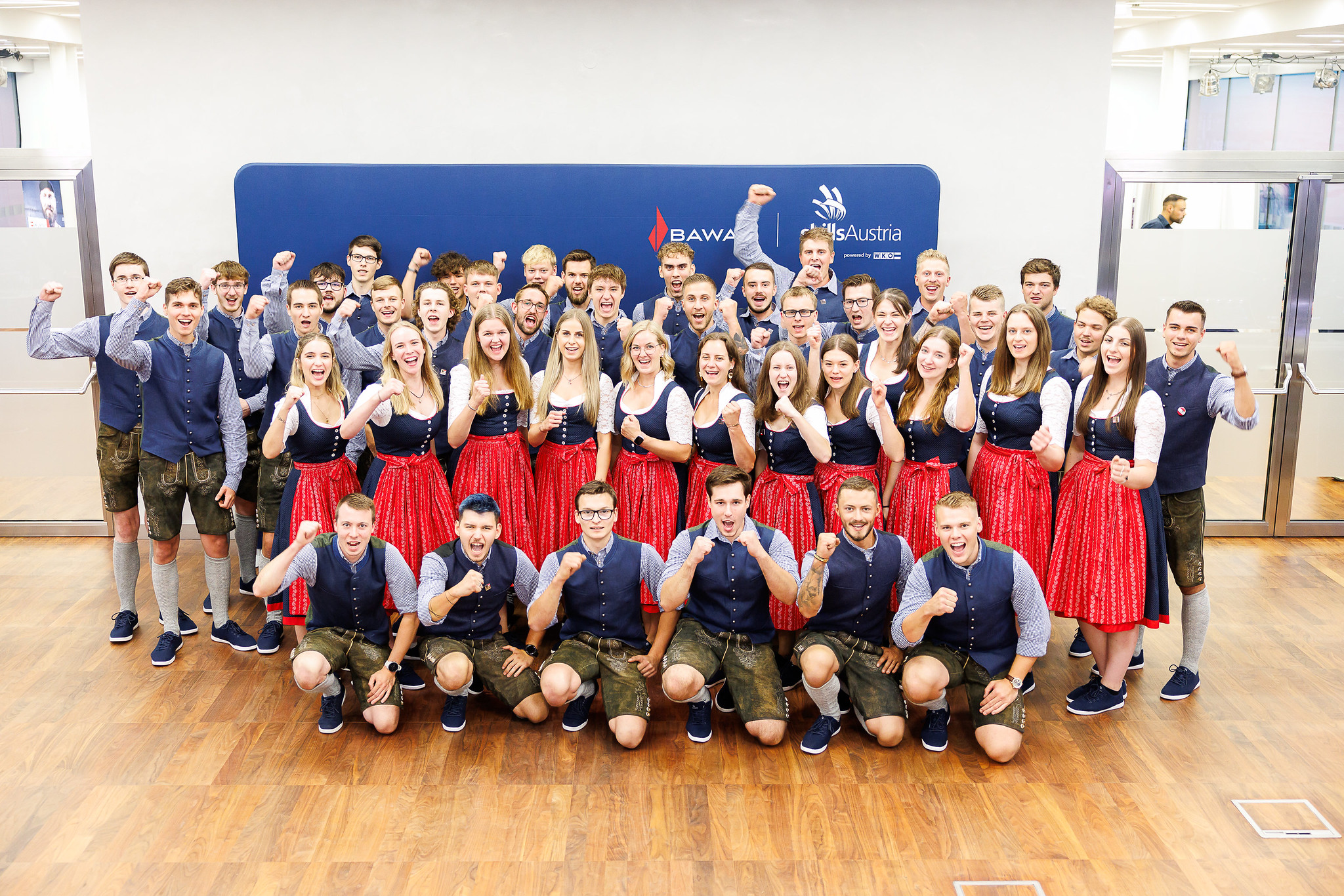The World Water Week conference recently held in Stockholm addresses global topics in hydrology and represents a fantastic opportunity for international delegates from a host of professional backgrounds to swap notes. In addition to its seminars and presentations, the event also had a highly ceremonial item on the agenda in the presentation of the prestigious Stockholm Water Prize 2025, and this year’s award was conferred upon Austria’s Professor Günter Blöschl, a flood researcher at the Vienna Technical University.
The Prize Committee lauded Günter Blöschl as “the world’s leading flood hydrologist” and the Austrian professor is indeed a pioneer in both his research methods and results; his “Institute for Hydraulic Engineering and Water Resources Management” combines topics that would otherwise be examined separately, blending a wide range of techniques and adopting an interdisciplinary approach that fuses fundamental scientific research with applied engineering technology.
Working at the interface of hydraulic engineering, climate and society, Günter Blöschl and his team employ historic statistics, novel computer models und experimental data in an attempt to assess the risk of drought and flood events. Findings have shown that climate change has exerted a considerable influence on water cycles and flood events, even if outcomes have varied across regions. These results can be used to develop concrete solutions for flood protection and water management.
Another shift in perspective that has also been making positive waves in hydrological research is the acceptance that water and people have a reciprocal influence on one another. Construction work and flood defences alter water cycles, and this changes human behaviour in turn. Long-term hydrological predications can be made only when this interaction is factored in, and this approach has allowed Günter Blöschl to establish the new discipline of socio-hydrology, which is spreading like wildfire on an international scale.
Günter Blöschl has already won countless international prizes for his past achievements, but he can now add the “Nobel Prize for Water” to the tally; the “Stockholm Water Prize” is the highest international award in the water sector and, since 1991, the Royal Swedish Academy of Sciences and the Stockholm Water Foundation have been honouring achievements that make a contribution towards the sustainable use, preservation and protection of water resources. Laureates are not just academics, however – distinguished individuals from NGOs and the world of politics have also won in previous years. The prize is presented by King Carl XVI Gustaf of Sweden.




